Articles

A Tribute to the Extraordinary Phil Berry
Phil Berry, a former Equal Exchange worker-owner and long-time Interfaith and Customer Service Representative, passed away in April. Phil was a favorite of Equal Exchange customers who called and specifically asked for him. He provided great service, gave thoughtful suggestions, and in general, just cheered people up.

Coffee with a Story: Why the Democratic Republic of the Congo Needs Us
A few weeks ago, Equal Exchange organized a virtual event in collaboration with the Panzi Hospital. We came together to talk about the disturbing conflict in the Democratic Republic of the Congo, the current realities on the ground, and how the Panzi Hospital has been a beacon of light for the healing that is needed in the DRC.

We Lost USAID Funding, but We’re Keeping the Work Alive
What would you do if you had the chance to apply to the US government for a $4 million grant? Back in 2010, we had this chance, and frankly, we were on the fence. After serious deliberation, we decided to apply. As a result, for almost 15 years, we managed farmer-focused development projects, directing resources and programming to small farmer co-ops and their members, with undeniably positive results. We were poised to implement the next wave of this work until, in February this year, the US government abruptly terminated USAID awards like ours.
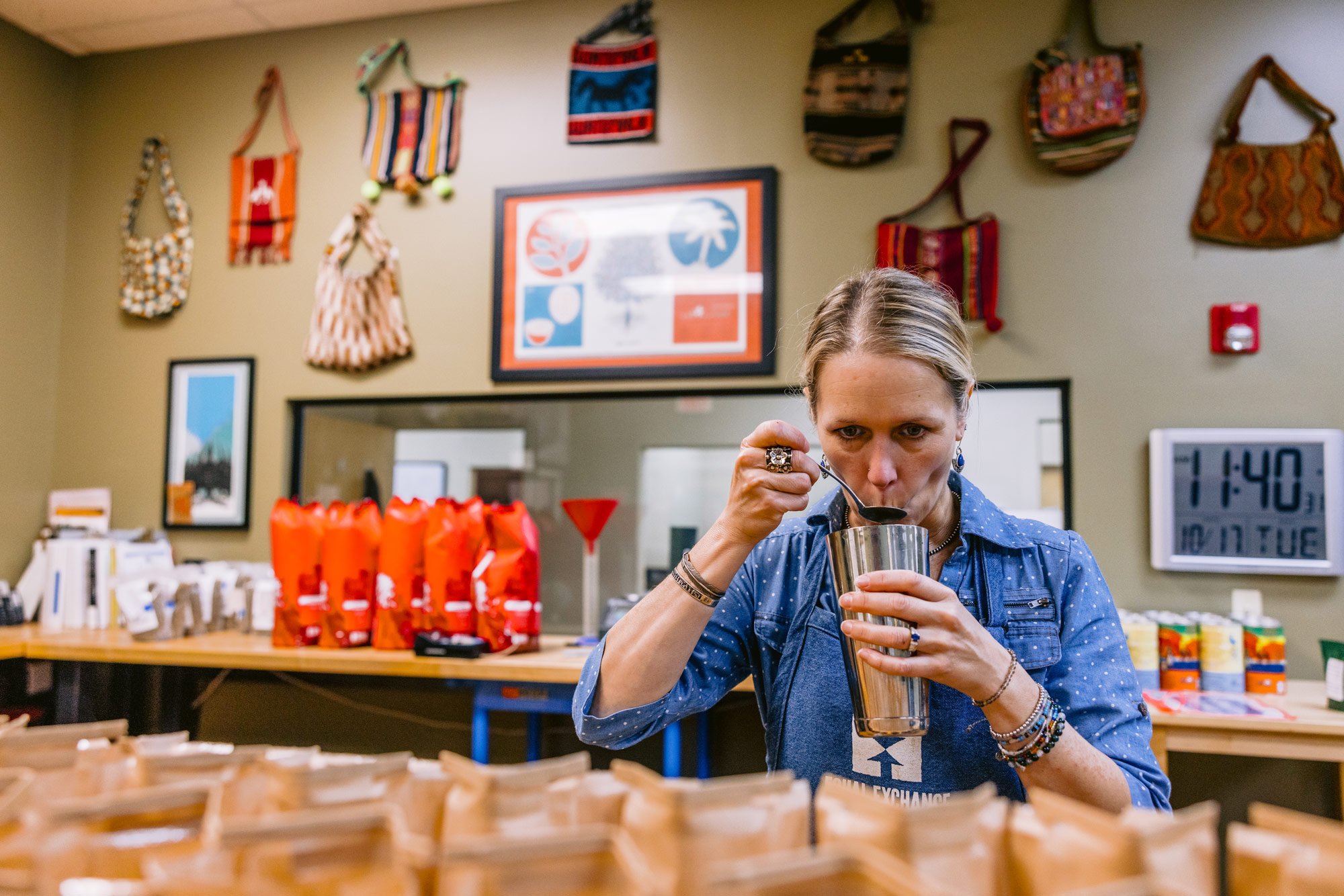
How Do You Become a Professional Coffee Taster?
Well, if you were Beth Ann Caspersen, our Coffee Quality Manager, back in 1998, that was a good question. There were no courses or certificate programs for such a thing as specialty coffee. Today, there are more options. But for small-scale coffee farmers and their co-op staff, access to those formal training options can be very limited, making it just as challenging, in a different way, as when Beth Ann was starting out. She has worked for decades to make this knowledge more accessible for remote farmers.
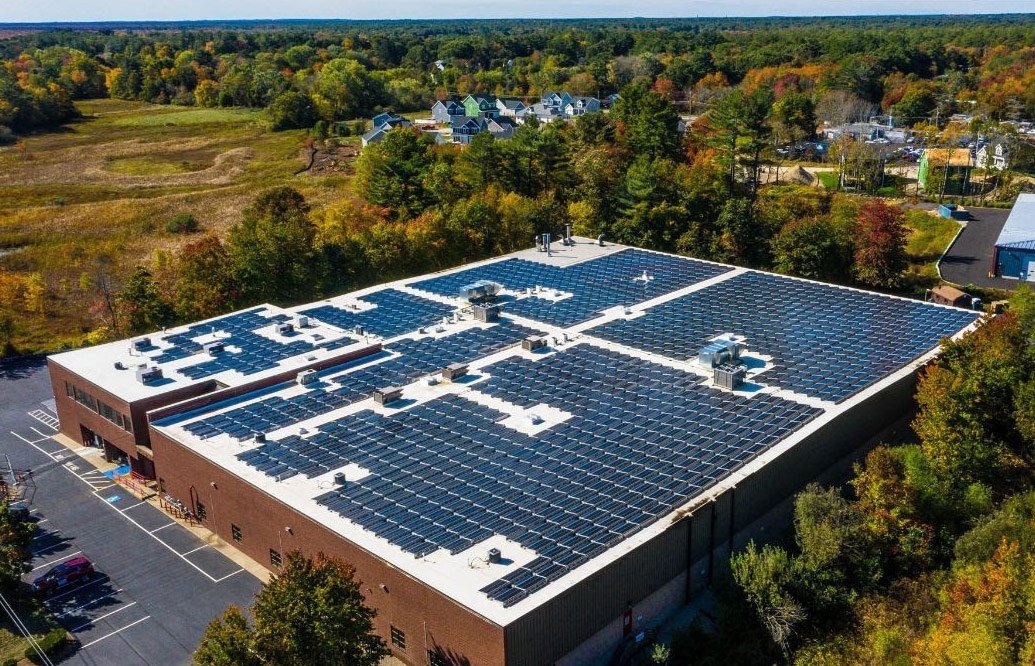
Solar Power at our Roastery
When considering the assets of an organization, one doesn’t always think about the roof of a building. But when we considered adding solar panels to our headquarters, our large, flat roof was a big plus! Equal Exchange Sales Director and Vice President Lynsey Miller shares more.
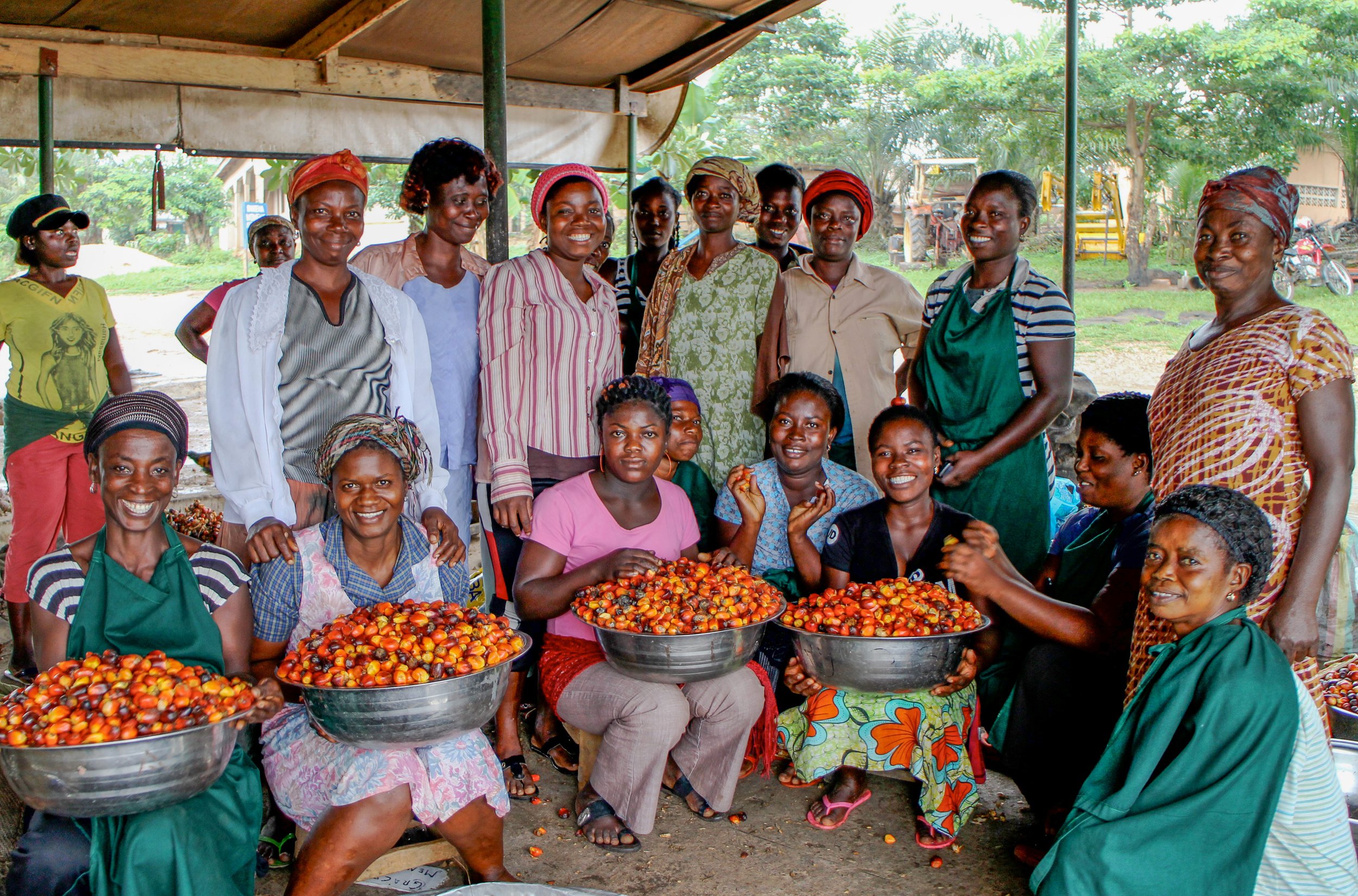
Alternative Business Models Building Fair and Equitable Partnerships
In part 2 of a series on Alternative Business Structures, Dana Geffner examines a few examples of alternative business models that are building fair and equitable partnerships with organizing efforts around the world. By understanding governance structures that officially center people, supporting these efforts and replicating them, we can visualize a path to creating a food system that works for us all.
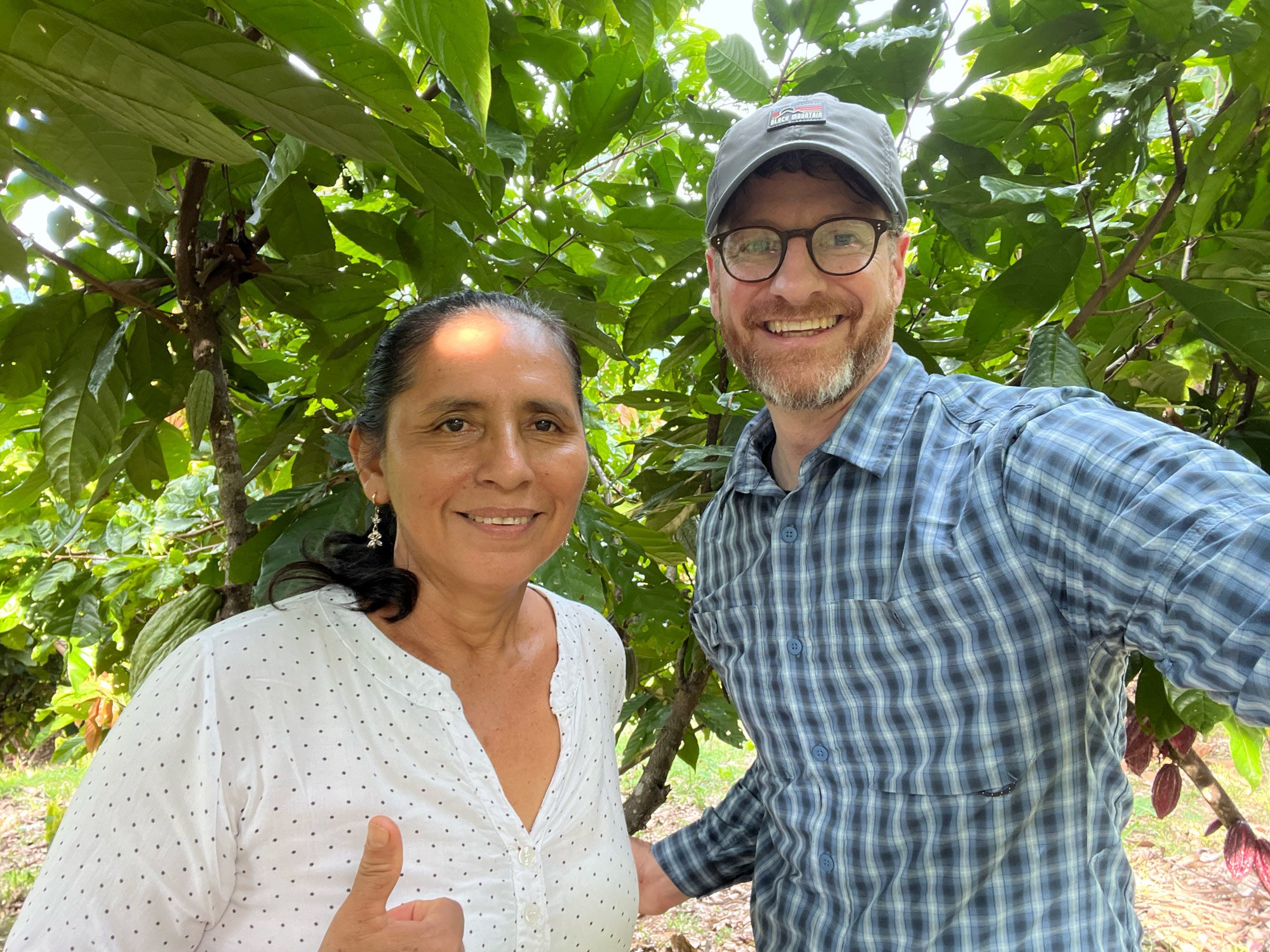
Cooperative Partnerships Rule Over the Market
Dary Goodrich, our Chocolate Products Manager, was recently in Peru, where the cacao harvest is just beginning. With the current global shortage of cocoa and the unprecedented surge in cocoa prices, farmers shared that they were aware of the higher-than-normal prices at the end of last year and invested more in their farms to make sure they would have a great harvest. Dary reflects more on what is happening and what this means for our farmer partners and chocolate lovers like you.
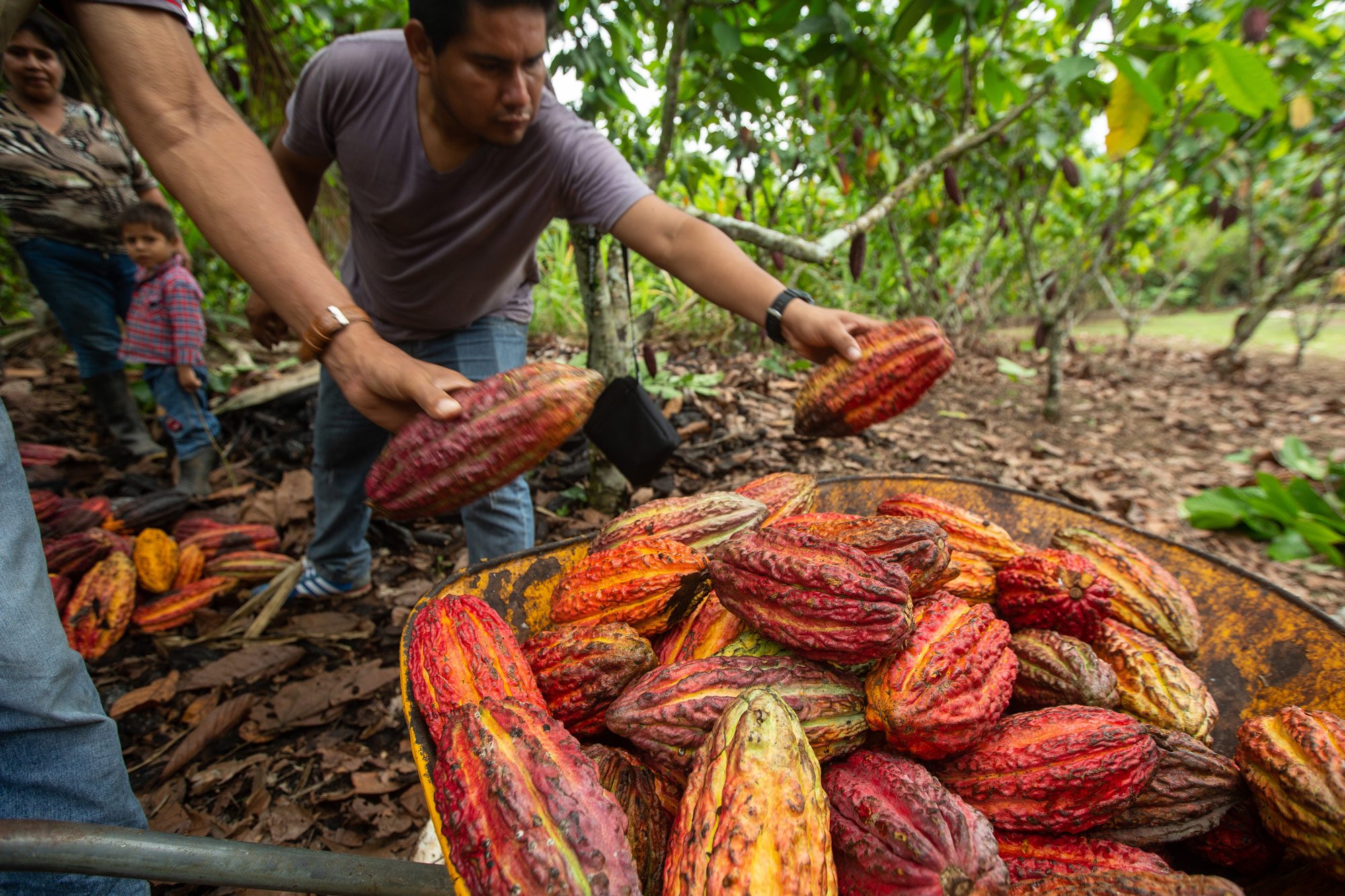
Unprecedented Chocolate Prices Reveal a Vulnerable Supply Chain
While cocoa and chocolate are beloved products for many of us, they have been receiving attention lately related to a global shortage, and the causes and consequences linked to this shortage, including a spike in prices on grocery shelves. We at Equal Exchange want to share some inside perspectives about what’s happening in the cacao world, including how climate change, commodity markets, and alternative fair trade supply chains interrelate. It’s also an opportune time to focus some deserved attention on cacao farmers.
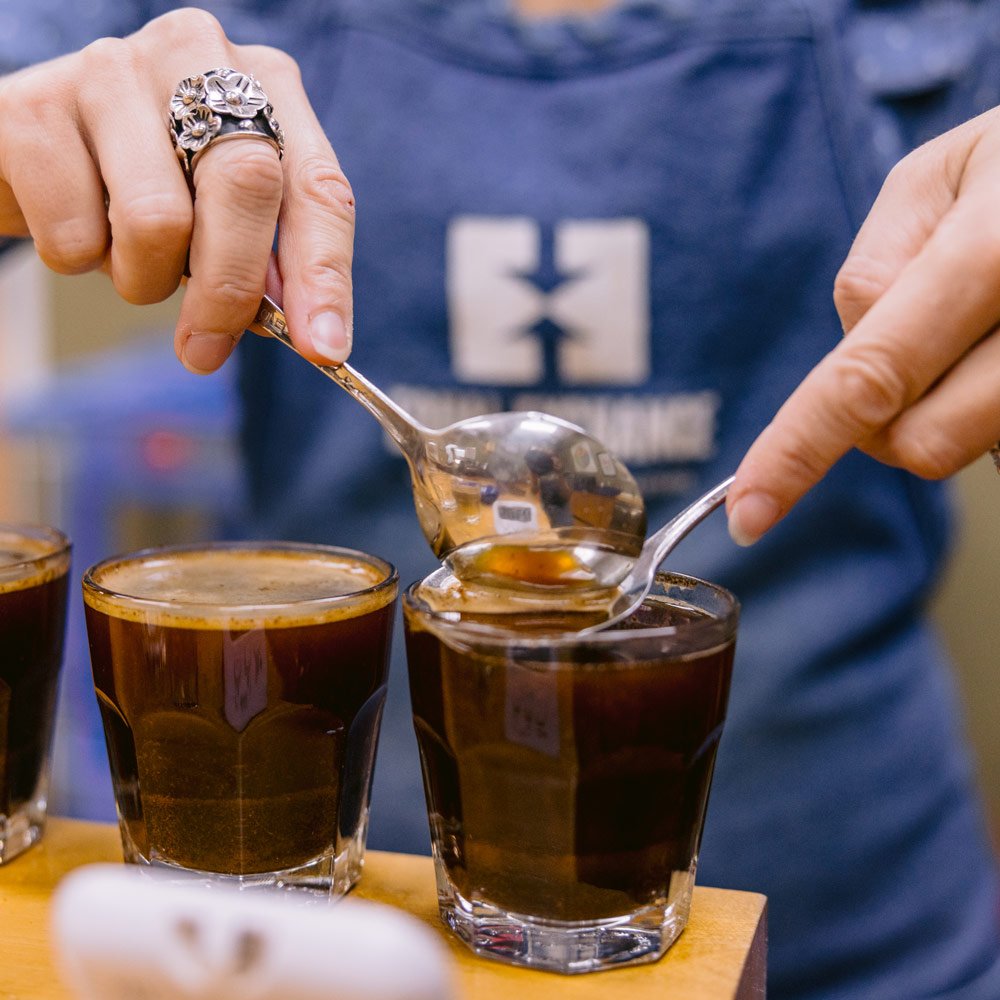
A Look Behind the Scenes of Equal Exchange’s Quality Lab
Take a look behind the scenes of Equal Exchange's Quality Lab and watch a time-lapse video of a Production Cupping. This quick video captures a process that typically takes 45 minutes down to 34 seconds.
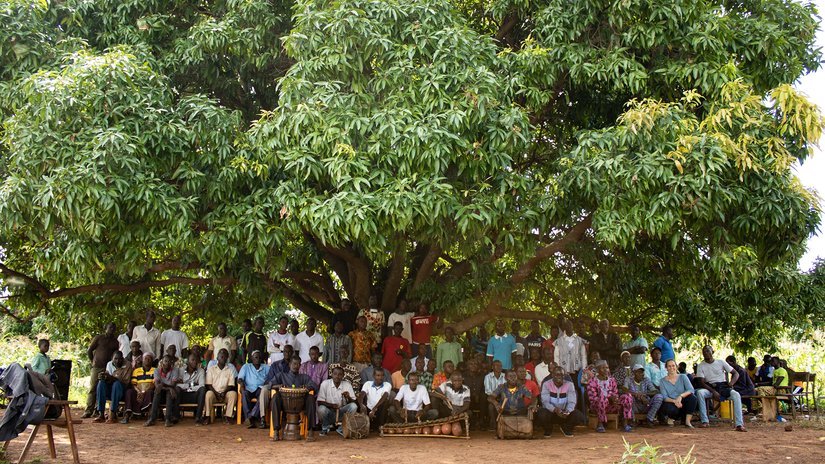
The Story Behind Our Alternative Trade Partnership with Gebana Burkina Faso
Since our founding, Equal Exchange has sought to partner with visionary, democratic, and sustainably-minded producer groups, distributors, food cooperatives, and natural grocery stores. This approach is no longer enough. We now have to respond to this growing corporate threat by taking our model one step further: partnering with other Alternative Trade Organizations and building bridges amongst ourselves, as if we were islands floating in a large ocean that is today’s food system. We believe this is the only way to survive, continue to thrive, and achieve our mutual goal of a food system that works for everyone, not just corporations.
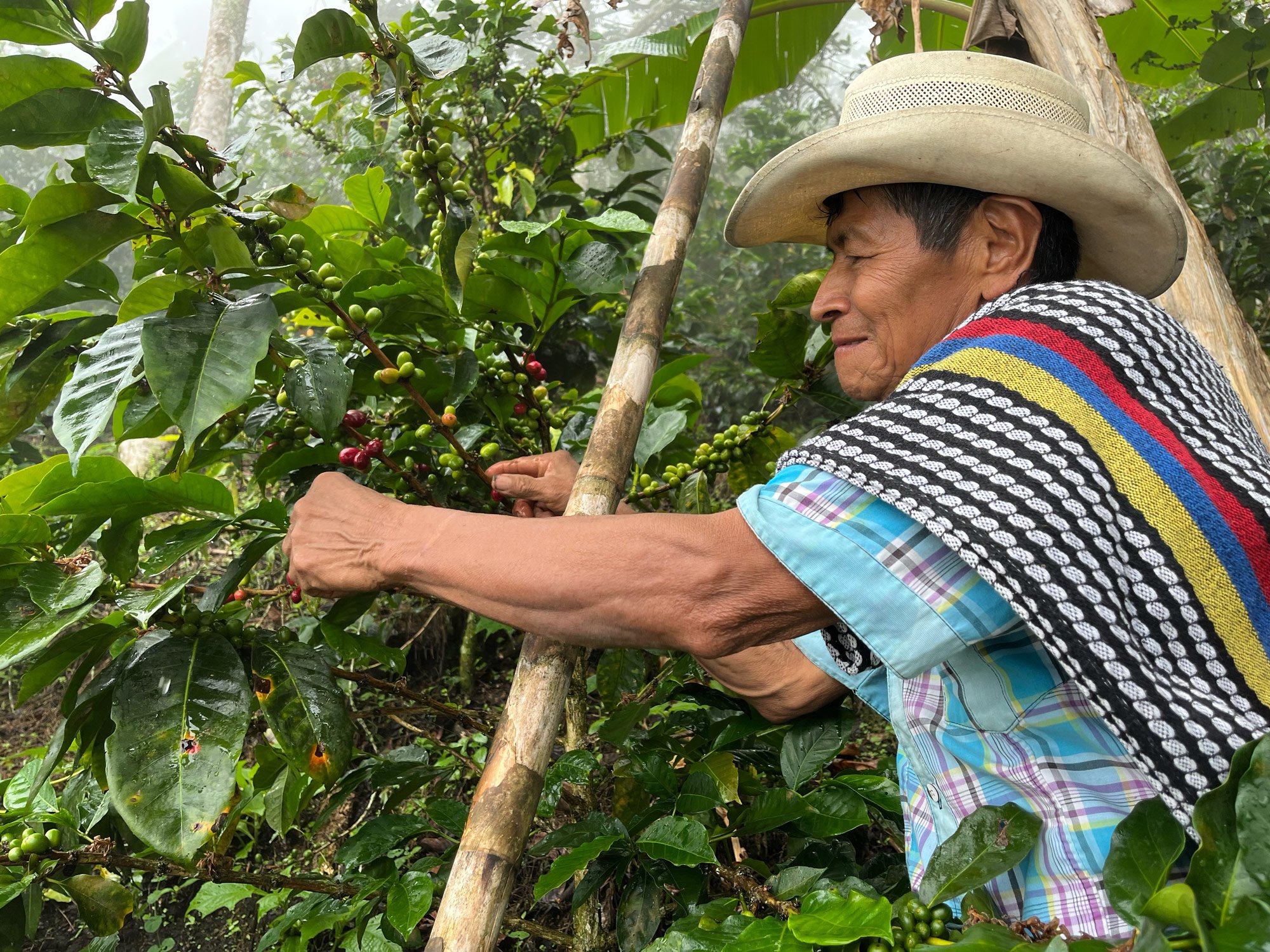
Colombia Series: Snapshot of an Organic Farm
Our staff recently traveled to Colombia to visit our farmer partners there. It's a common experience: when we go to source and someone asks how the trip was, it is hard to answer. The truth is, the experience is complex. So complex that we are going to take our time to share different reflections, angles, and photos over time, to give a more complex answer. To kick off this series, Lynsey Miller reflects on her visit to a lush and abundant organic coffee farm.
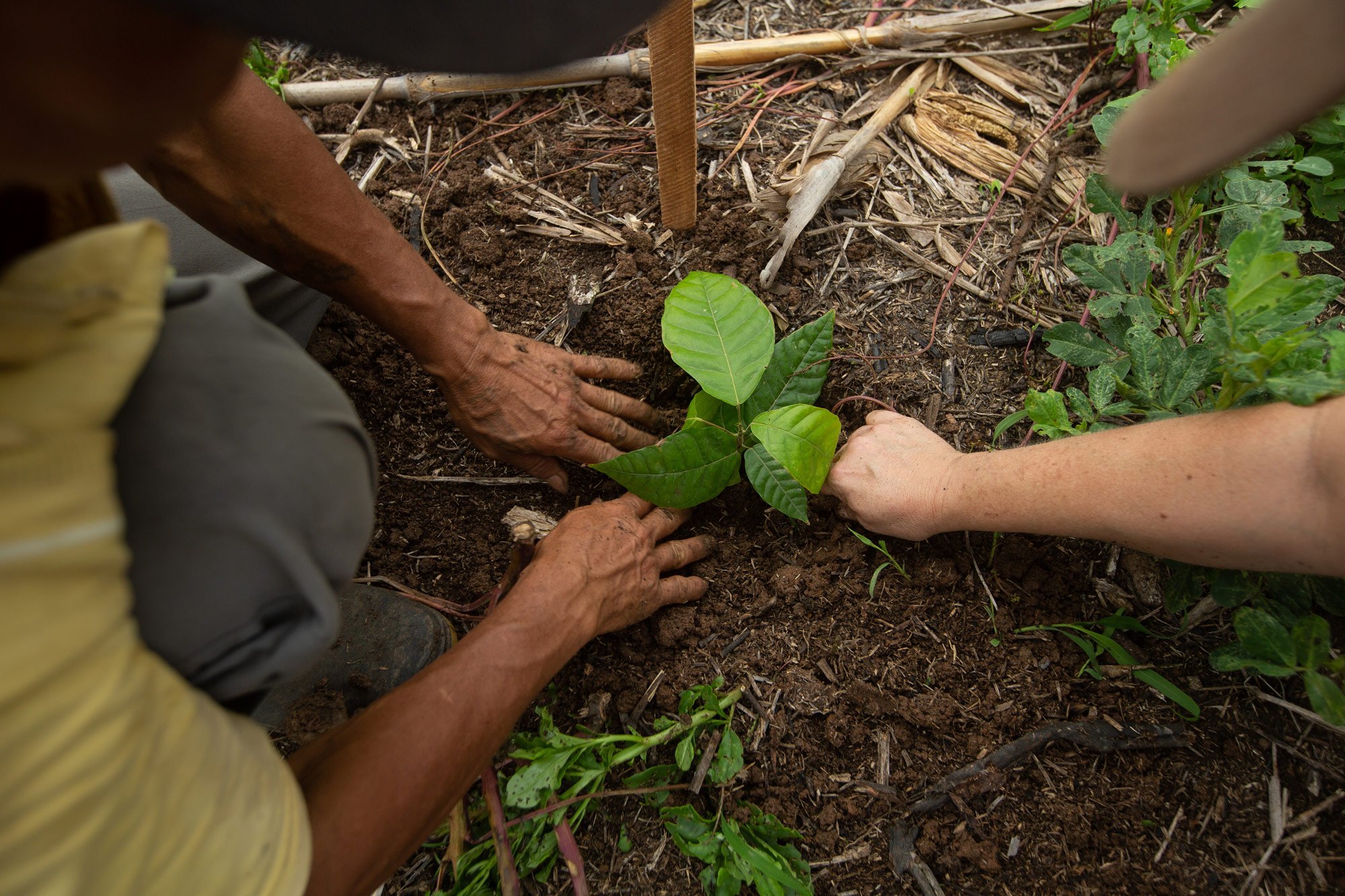
Reflections From Rink: The History of Our Alternative Capital Model
As we enter a new stage of Equal Exchange expanding our capital model, Equal Exchange Co-Founder and President Rink Dickinson reflects on the history of our capital model and its central role in our success in building an actual alternative economic model.

Who Grows the Cacao in Your Chocolate?
Starting around 2000, labor abuses in the cocoa industry began to get international attention. You may have heard about poverty wages, unsafe working conditions, the worst forms of child labor and even modern-day slavery. You may have heard that farming practices that damage the environment were common, too. But what’s going on with that now? Have things gotten any better? (Article updated February 2024)
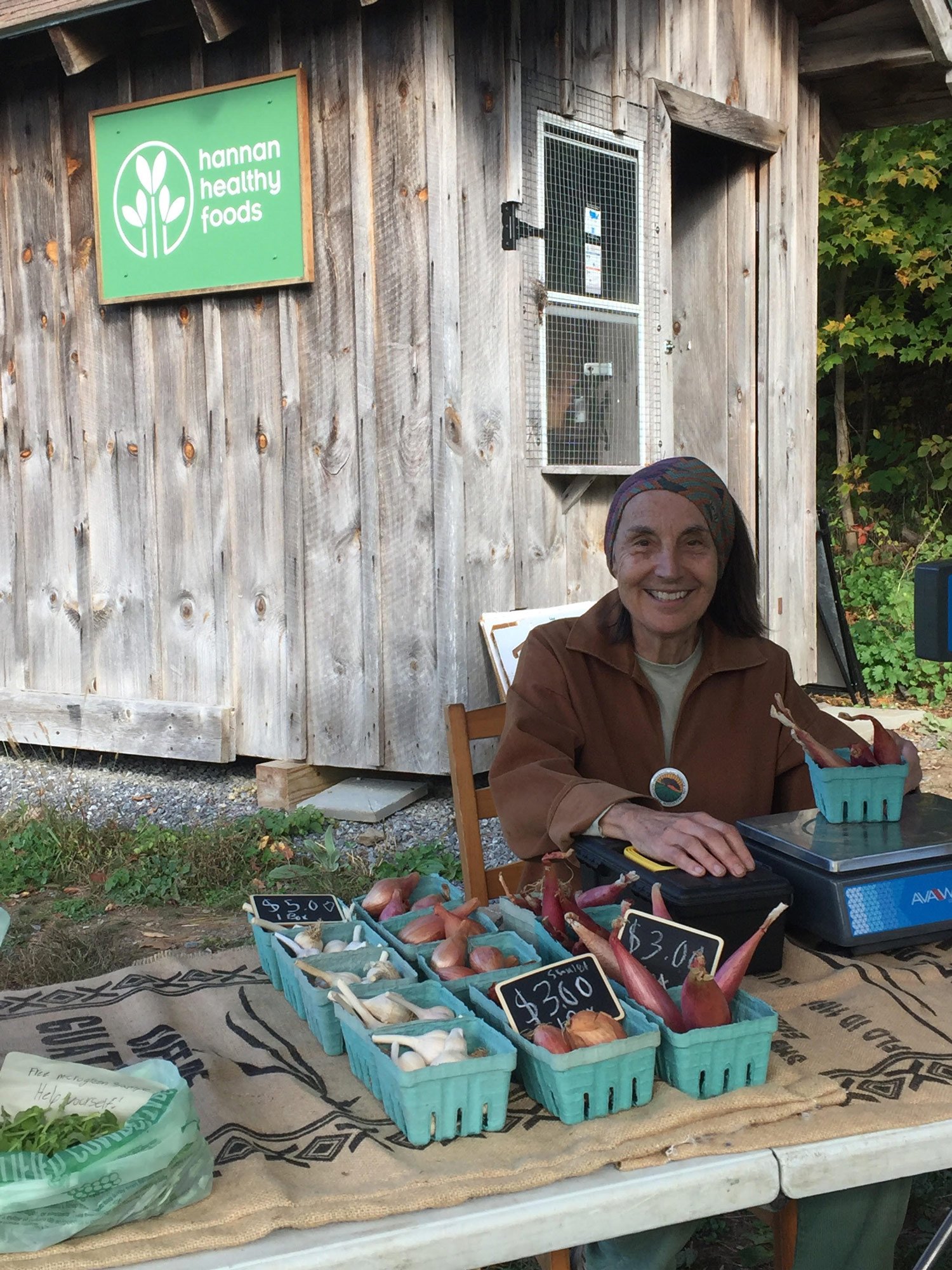
Citizen-Consumer Reflection: Strength in the Commitment of Many
Thirty-seven years ago, I did not identify primarily as a consumer, and the label still doesn’t quite fit, but I did identify as a citizen open to learning how Nicaraguans were creating more equal social relationships. When volunteering with newly formed sewing cooperatives, I met small farmers who shared stories of how they never were paid a fair price by the buyers of the fruits of their hard labor. I became a small bridge of sales of Nica coffee beans through Equal Exchange.

Becoming a Citizen-Consumer Board Director of Equal Exchange
I was elected to the board of Equal Exchange in June 2020, a couple days after my 22nd birthday. The prior year, I had attended the Equal Exchange Summit as a college student who really liked healthy food and desperately wanted a glimmer of hope that some businesses could benefit people and the environment.
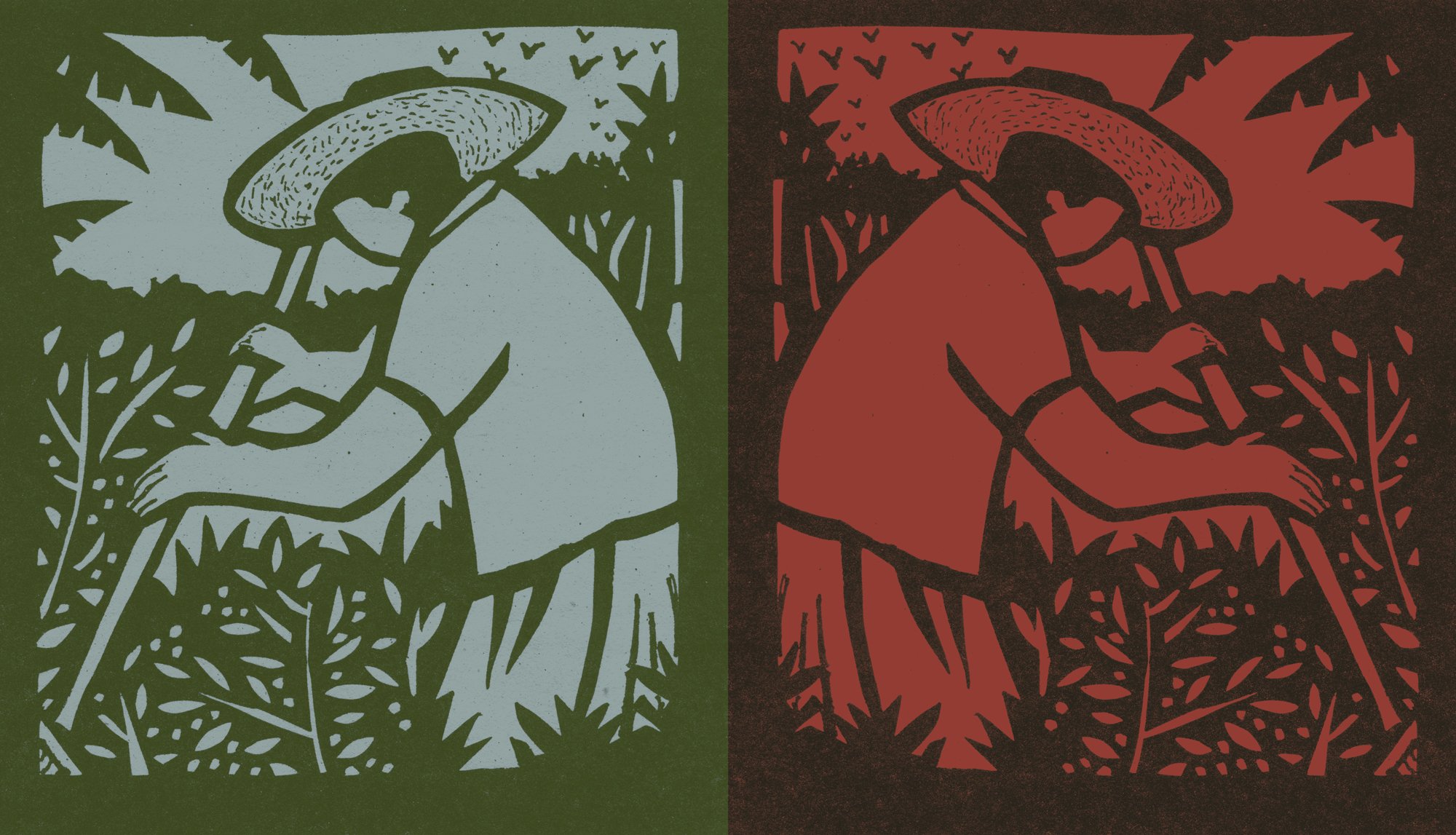
Reflections from Rink on the “Fair Trade Experiment”
Fair Trade is dead. What have we learned, and what’s next? Phyllis Robinson interviews Equal Exchange Co-Founder and President Rink Dickinson as he reflects on the nearly 40 year history of the movement and where it has left us as an organization and a community.

Journey to ACOPAGRO and Connecting Communities with the Origin Bean Program
In 2019, Equal Exchange worked alongside ACOPAGRO cacao co-op of Peru to foster a delegation opportunity like no other. A blend of Equal Exchange worker-owners and customers traveled three hours from the nearest city by boat to learn about cacao farming in the Amazon basin and stayed with gracious hosts who opened their homes and lives to share in this experience.
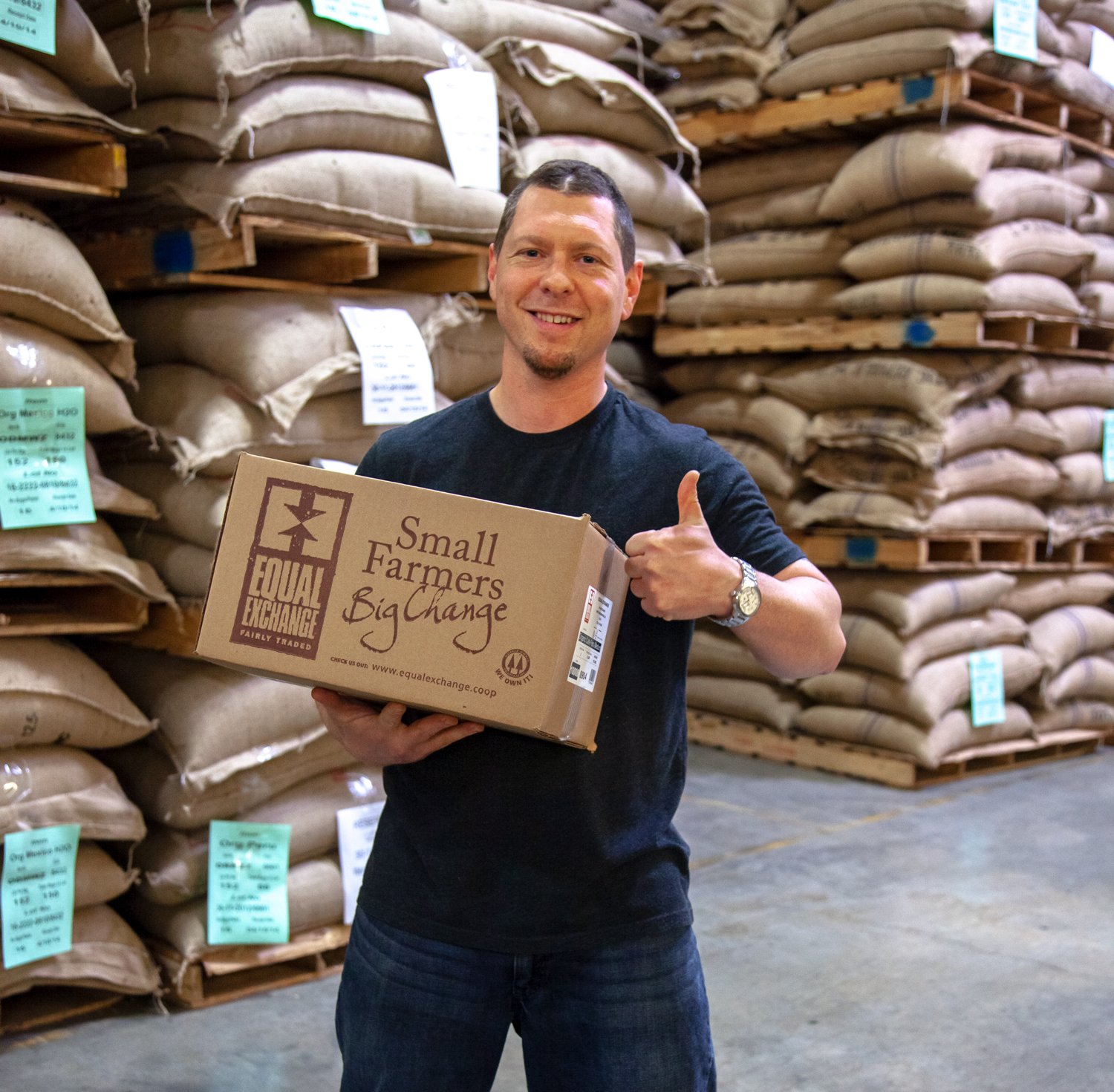
Terry Boisclair Reflects on 20 Years as a Worker-Owner
Terry Boisclair started out picking and packing orders at Equal Exchange in 2002. He reflects on 20 years as a Worker-Owner, including visiting farmers in Nicaragua, forming close ties with his co-owners, and how much the business has evolved in its operations over the years.
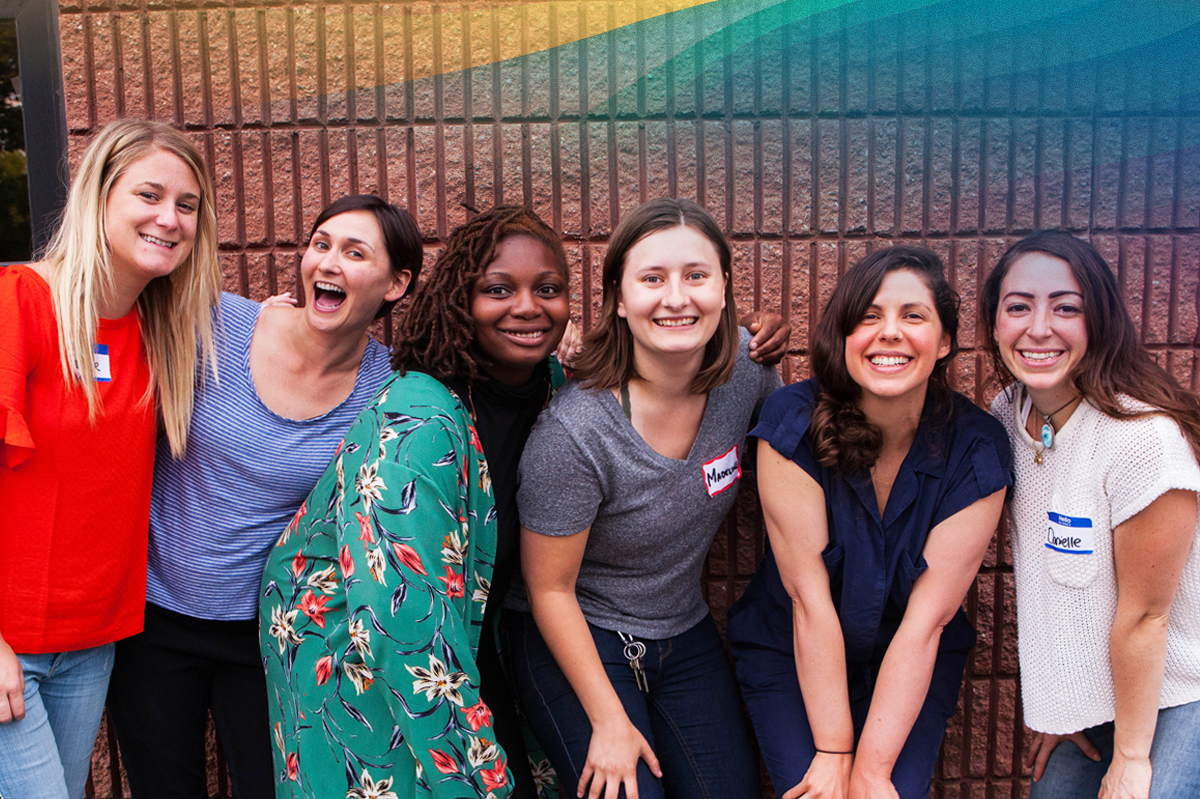
We Couldn’t Do It Without You, Citizen-Consumers
As Equal Exchange celebrates its thirty-sixth year of challenging conventional wisdom and structural inequities in the way food commodities are traded, we are once again taking stock in all that we have achieved and the daunting headwinds we are facing. Boy, are we glad we are doing this with all of you!
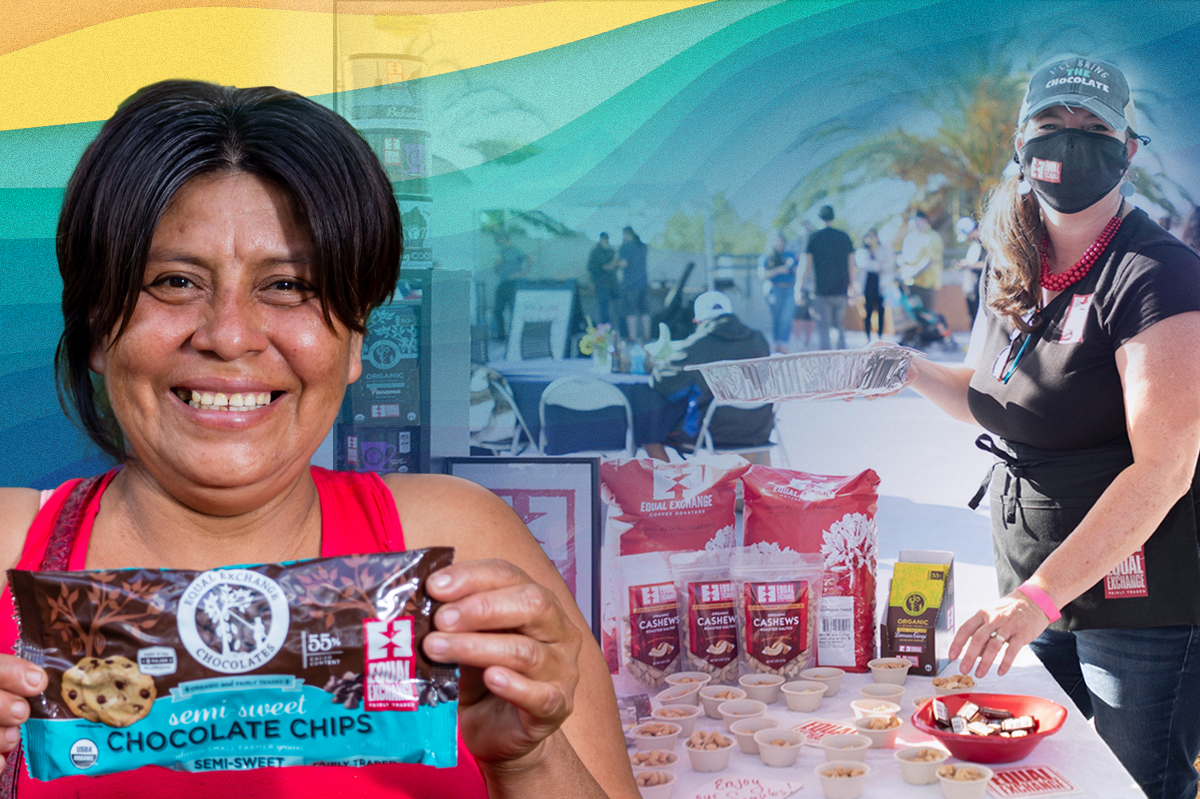
Corporate Consolidation and Reconnecting with Your Food
As consumers, we are typically protected from realizing the harsh realities of our complex and unjust food system. Convenience is the goal, but what has been the cost?

